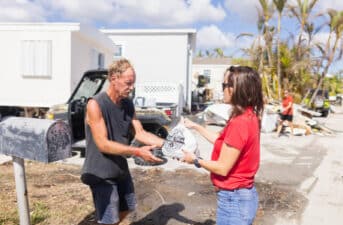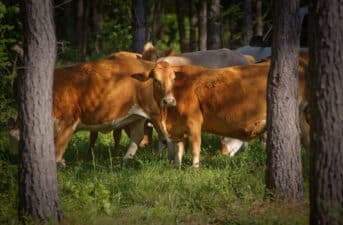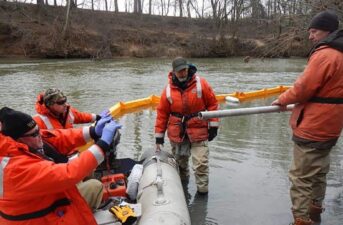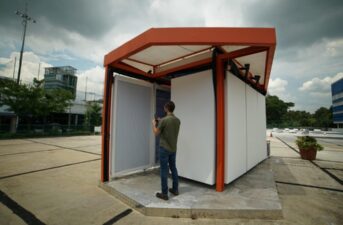
Nexus Media
Home Nexus Media
Experience
Nexus Media News is an editorially independent, nonprofit news service covering stories about climate change. Our partners include major news outlets that distribute our original videos, articles and infographics to an audience of millions.
Founded in 2015, Nexus Media News is a division of Climate Nexus, a sponsored project of Rockefeller Philanthropy Advisors, a 501(c)3 organization headquartered in New York City.

 233k
233k  41k
41k  Subscribe
Subscribe 





